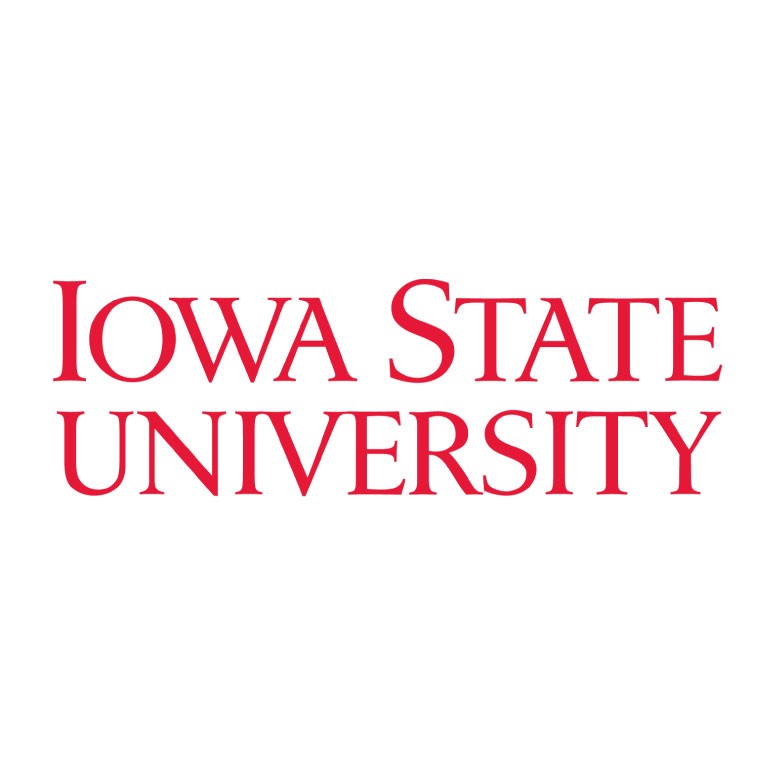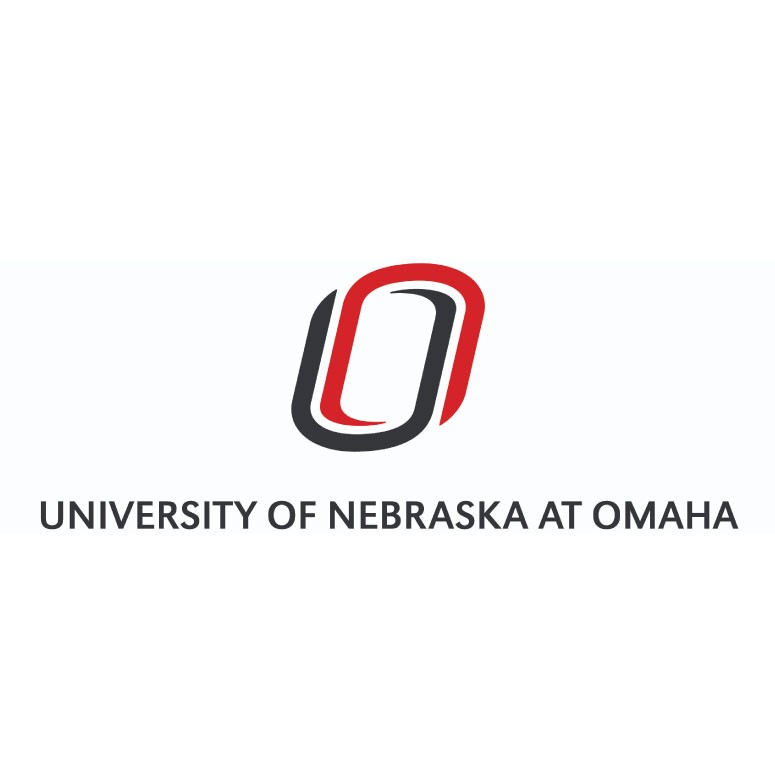If you’re looking for a job that puts you in a helping profession, delivers a solid job outlook, and works to protect a vulnerable population, look no further than the Best Master’s Degrees in Gerontology.
Gerontology is a quickly growing and evolving field that considers the intricacies of the elderly population. As the U.S. “baby boomer generation” continues to age, a degree in gerontology is more needed than ever. The way that manifests into a career takes lots of different forms—from social work to the medical field to scientific research.
What are the Best Master’s in Gerontology Degrees?
We know that you have educational goals that you’re itching to pursue, but you may not know where to start. The editors of CollegeRank utilize a unique ranking methodology based on the following three aspects:
40% Potential Salary After Graduation: Average mid-career salary of school alumni
30% Institutional Accreditation: Regional and National Accreditation for the 2019-2020 school year
30% Overall Degree Affordability: Average cost of undergraduate and graduate tuition per school
At CollegeRank, we strive to do our best to guide you and your family toward a fruitful academic career. The pursuit of knowledge is a noble one, and we want to help you reach your goals. For questions, comments, badge downloads, or data corrections, please feel free to reach out to us at editor@www.collegerank.net.
Miami University – Oxford

Miami University – Oxford has the funny nickname of “Mother of Fraternities.” WIth multiple fraternities having been founded at Miami University, the nickname is probably appropriate. However, this school isn’t impressive just for its wide offering of social organizations. In addition to more than 400 student organizations, Miami University offers master’s degrees in an impressive 67 areas of study.
Among them is the Master of Gerontological Studies, offered through the Office for the Advancement of Research and Scholarship. This program prepares students for work in a variety of aging-related fields, such as research and academia, non-social work direct services, and policymaking.
It provides learners with hands-on experience both domestically and abroad through individualized field practicums. It also allows candidates to interact with other professionals in the field of aging through informal mentoring and research opportunities. The degree even provides assistantships to full-time students with full tuition waivers and stipends.
This program is supported and enhanced by the Scripps Gerontology Center, an Ohio Center of Excellence that offers a variety of externally funded research opportunities. As a result of these empowering hands-on opportunities, a recent survey showed that, of 100 alumni who graduated one year ago, 90% have secured jobs in the field.
Iowa State University

Iowa State University offers one of the country’s best master’s programs in gerontology – but did you know that the university has origins as a tiny agricultural and farming college? Originally founded as an agricultural school in 1858, the school now pursues research and academic innovation in the sciences as well as technology. Despite the vast differences between its origins and its present-day approach, Iowa State University has maintained a consistent reputation as one of the best schools in the state of Iowa.
The master’s program in gerontology is no exception. This degree is perfect for students who are just beginning their training in the discipline, as it requires no prior education in nursing, gerontology, or similar disciplines. It’s extremely flexible, offering learners the ability to complete their studies both on-campus as well as online. Students can create their own personalized curriculum plans, developing pathways to career success while working closely with a faculty advisor.
To apply, interested candidates should submit all materials no later than January 15 of the desired year of admission. The program requires a GRE along with a statement of purpose and letters of recommendation. Academic records should also be submitted, as should the gerontology department’s supplemental application form.
University of Nebraska Omaha

The University of Nebraska Omaha is nationally recognized as a Carnegie Doctoral Research University, a fact that would lead you to believe that this large school has more of a commitment to high-profile research than to student success. That’s not the case.
Despite its global vision and reach, this school has a small student-to-faculty ratio of 13:1 at the graduate level. These class sizes are small and personal enough to provide students with the mentorship and engaging learning opportunities they need.
The Master of Arts in Social Gerontology is offered both online and on-campus and designed to prepare working professionals and those interested in gerontology research with the skills they need to succeed. The program includes both a thesis and a non-thesis option. Sample classes include topics like Applied Social Gerontology and a seminar in Aging and Human Behavior.
To apply, applicants should have a 3.0 GPA and be approved for admission to the UNO Graduate Studies department. Afterward, candidates will be required to submit a gerontology application and a writing sample.
George Washington University

Located in the nation’s capital, George Washington University is a centrally located university that was founded after George Washington himself expressed a desire to open a high-quality center of higher education in the nation’s capital. Today, the university is well-respected as a premier university that provides students with countless hands-on internships in their fields of study.
The gerontology program is operated within the School of Nursing, a department that is ranked among the top 11% of all graduate nursing schools. The Master of Science in Nursing: Adult-Gerontology Primary Care Nurse Practitioner prepares students not only to become licensed nurses, but also to become licensed nurses with the skills necessary to work with older patients.
This 54-credit hour program includes an impressive 625 clinical hours, along with courses in topics like Community and Public Health Nursing and Nursing Leadership. It also qualifies graduates to sit for two nursing certification examinations.
To apply, students should have a bachelor’s degree in nursing from a regionally accredited university, along with a preferred GPA of at least 3.0. Official transcripts, two letters of recommendation, a current resume, personal statement, and an active nursing license are also required for admission. This program is offered flexibility, allowing students to complete a set number of clinical hours in the curriculum while learning in an online, on-campus, or hybrid format. All classes are taught by nationally recognized leaders in nursing who work hard to actively inspire and engage all students.
University of Louisiana at Monroe

For those looking for one of the best on-campus experiences available while earning a degree in gerontology, look no further than the University of Louisiana at Monroe. This school is located on a gorgeous 238-campus in the eastern section of Monroe, LA. Its location is not only idyllic, it also provides learners with access to internships, community service, and employment opportunities with the surrounding community. Today, the university has a population of more than 9,000 students – along with a massive alumni group 65,000 strong.
The graduate programs at the University of Louisiana at Monroe are career-driven and include lots of hands-on research to help students obtain the professional skills and training they need. The Master of Arts in Gerontology comes with six potential specializations: Grief Care Management, Mental Health, Small Business Management, Long-Term Care Administration, Program Administration, and Aging Studies.
All concentrations require a thesis for graduation, but candidates with prior work experience in senior care may have this requirement waived. To be eligible for admission, applicants should have a minimum GPA of 2.75 or 3.0 on undergraduate or combined undergraduate and graduate coursework. The GRE is also required for admission.
Georgia State University

Georgia State University has always had an impressive reputation as one of the top universities in the state of Georgia, but it hasn’t always been known as “Georgia State.” The school was originally founded, in 1913, as the Georgia Institute of Technology’s Evening School of Commerce, but changed its name when it added a handful of humanities and science programs in 1957.
Today, the university is large, with a whopping 11 colleges. Among them is the well-respected College of Arts and Sciences, which offers 80 degree programs to graduate and undergraduate students and receives an average of $1 million per year to support on-campus research.
The Master of Arts in Gerontology is offered through the research-focused College of Arts and Sciences and includes 36 credit hours of study. Most students can complete the degree in just two years. The program is perfect for both full- and part-time students who want to pursue leadership positions in the field of aging. It includes multiple concentrations, such as Program Administration and Research, with sample courses including Diversity and Aging, Communication and Aging, and Geriatric Nutrition.
This program is available as both a graduate certificate and as a Master of Arts. To apply for the Master of Arts, students may submit their materials at any time. These include the official GSU application form, all official transcripts, and an application fee. Students also need to supply a current resume, a statement of their educational and career goals, and three letters of recommendation.
Youngstown State University

If you’re ever driving between Cleveland and Pittsburgh, stop for a moment to take a look at the verdant 145-acre campus of Youngstown State University. This comprehensive urban research university is home to nearly 13,000 students, yet still maintains small class sizes and a personalized teaching approach in all its departments.
One of seven colleges, the College of Graduate Studies offers a superior gerontology degree that focuses on career progression and professional development. This degree, in particular, has a focus on addressing health issues in older adults, as well as on epidemiology. It includes 36 credit hours of study and offers both a thesis and a non-thesis track. Most students can complete their studies in just four semesters of full-time study, but part-time students are welcome to enroll, too.
Students in this program will not only participate in 200 hours of fieldwork in aging-related workplaces, they also take a variety of hands-on and engaging classes, like Long-Term Care. Potential job sites include the Ohio Department of Aging, the Alzheimer’s Association, and the Area Agency on Aging 11. Despite being one of Youngstown State’s newest degree programs, the Master of Arts in Gerontology is clearly one of the best.
Bowling Green State University

Freshmen at Bowling Green State University are all invited to join Learning Communities. These groups allow students to take classes – and live near – students who enjoy common interests. These kinds of hands-on, close-knit learning experiences don’t end once students progress to the graduate level. The university offers more than 50 graduate programs in business, health, and education, and all of these degrees are incredibly student- and community-focused.
The Master of Science in Interdisciplinary Gerontology is offered through the Department of Health and Human Services. This program is designed for professionals who work in various disciplines and want the knowledge and skills necessary to work with older adults. It requires a minimum of 33 semester hours and can be completed in one year of full-time study. The curriculum includes core classes such as Current Perspectives in Gerontology and Administration of Aging Programs and Aging: Physiology and Exercise.
Interested applicants should submit academic records of undergraduate degrees obtained from accredited colleges. Students should have a background in a field related to gerontology, such as family studies, health care administration, or sociology. Three letters of recommendation and a personal statement are also required.
University of Massachusetts – Boston

The University of Massachusetts – Boston is one of dozens of universities in the greater Boston area. However, that doesn’t stop this diverse university from being ranked as a top tier university by U.S. News & World Report – multiple times in a row.
The University of Massachusetts – Boston was founded in 1964, created as a state college when there were very few other state colleges in the area. Today, the university has a massive enrollment of more than 16,000 students, yet still maintains a small university feel in the heart of the Boston area.
The Master of Science in Gerontology Research Policy, housed within the McCormack Graduate School of Policy and Global Studies, combines social science theory with formal research techniques to help learners gain an understanding and in-depth knowledge of how integral aging policies are created, enforced, and adapted. Requiring 36 credit hours of study, this program can be completed on a full- or part-time basis. Sample courses include Statistical Methods in the Analysis of Social Problems and Race and Culture.
This gerontology degree is unique in that it requires a final capstone, which allows students the opportunity to tie together their learning with hands-on research. To apply for admission, interested candidates should have a minimum GPA of 2.72. Official transcripts, test scores, letters of recommendation, and a statement of purpose are also required.
Virginia Commonwealth University

When looking for the best master’s in gerontology, it’s smart to consider the schools that have the best track record of providing high-quality medical programs. Virginia Commonwealth University is a great place to start. The school was founded in 1838 as a medical college and has been the home to many groundbreaking innovations, including conducting the first organ transplants in the state of Virginia.
Today, Virginia Commonwealth University is a top public research university, consistently pursuing new opportunities for research, innovation, and student success. It’s ranked as a top 100 Research University by the National Science Foundation and offers a superb Master of Science in Gerontology. This program allows students to hone their skills in aging interventions by engaging in hands-on work experiences, professional development, and of course, research.
This 30-credit hour program is taught by experienced gerontologists and equips graduates with the skills and credentials necessary to seek licensure as assisted living administrators. It includes multiple specializations, including Assisted Living Administration, Health Care Organization and Planning, Public Administration, Social Services, and more.
Frequently Asked Questions
Here are some common professions associated with a Master’s in Gerontology degree:
• Social Worker
• Health Services Manager
• Home Health Aide
• Social Scientist
• Public Health Director
Clearly, you’ve got options with this degree. Your day-to-day could involve direct health care, data analysis, talk therapy, policy visioning, and more. Our aging population is every bit as active in society as other age brackets. As such, we need professionals in place in every sector to meet their specific needs.
Since the career paths for this degree are varied and diverse, it can be hard to offer a ballpark salary for someone with a Master’s in Gerontology. However, here’s a snapshot of the general mid-career salary earnings for some of the most common professions in the field (according to the Bureau of Labor Statistics):
Health Services Manager: $104,830
Social Scientist: $94,560
Health Social Worker: $62,760
One thing that is guaranteed for this field is job availability. Right now, there are 76 million baby boomers living in the United States, all aged between 55 and 75 years old. In the coming years, this population will increasingly depend on social services specifically catered to their needs.
A Master’s in Gerontology can be worth it for those passionate about understanding and addressing the needs of older adults. It offers specialized knowledge in aging-related issues, preparing individuals for roles in healthcare, social services, or policy development. However, its value depends on personal career goals and the specific field of interest, as some positions may require or highly value advanced degrees, while others prioritize experience and certifications.
A Master’s in Gerontology typically takes around 1.5 to 2 years to complete full-time, consisting of 30-40 credits. Part-time study may extend the duration. Programs often include coursework in aging studies, research, and practical experiences, preparing graduates for various careers focused on aging populations.
The most common graduate degree in gerontology is a Master’s in Gerontology, offering specialized knowledge in aging-related studies. It prepares individuals for careers in healthcare, social services, or policy development, focusing on the needs of older adults. Some also pursue Doctoral degrees (Ph.D. or Doctorate) for advanced research or leadership roles in the field.
A Master’s in Gerontology is a graduate-level program focused on the study of aging and older adults. It explores the physical, social, and psychological aspects of aging, preparing students for careers in areas like healthcare, social services, policy-making, or research to support and improve the lives of older individuals.
Yes, gerontology is a rapidly growing field due to the aging population worldwide. With people living longer, there’s an increased need for professionals specializing in older adult care, healthcare management, policy-making, and research to address the unique needs of aging populations. This growth creates diverse opportunities for careers focused on improving the lives of older adults.
Related:
